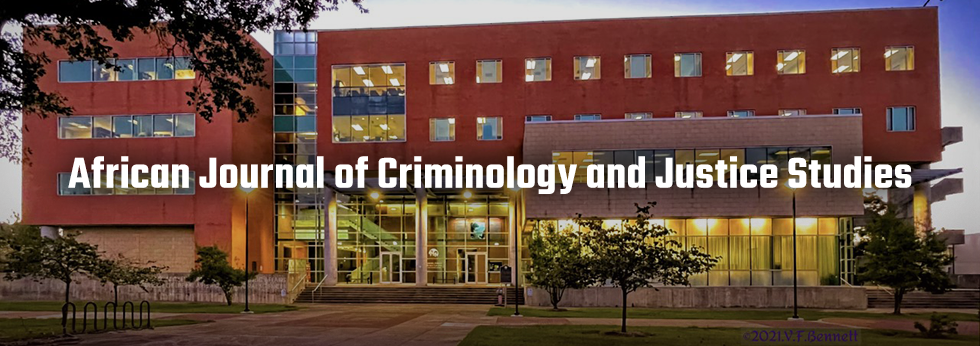Abstract
Child’s Rights Law (CRL) was introduced in Lagos State in 2007. Six years after its domestication, it became imperative to assess the challenges in the application of the justice provisions by different child justice administrators such as social welfare officers, the police, non-governmental organization (NGO) workers, Nigerian Bar Association (NBA) lawyers, International Federation of Women Lawyers (FIDA), family court judges and magistrates. The focus of this paper is, therefore, to present the findings from social welfare officers working in family courts in Lagos State. As at the time of the study, there were six family courts but only four were functional. The study was an exploratory and qualitative survey. A focus group discussion (FGD) was organized among a purposive sample of six assessors and supervision officers. Results indicated that all the participants claimed that social workers were not invited to participate in the formulation of the CRL. The results revealed some discrepancies between sections 138 and 151 provisions. Section 138 states that all children’s matters, both civil and criminal, will be heard in the family courts while section 151(2) states that a criminal case involving a child and an adult will be tried in a criminal court. It was also reported that there were some inadequacies among social workers, the police and judiciary. Corrupt practices among the police officers were some of the challenges militating against the implementation of the law. Parents of abused children were reported to be uncooperative. Some of the structures such as children’s centers that were supposed to be established for successful implementation of the law were yet to be established. Based on these challenges, it was recommended, among others, that the law should be reviewed and publicized adequately. Capacity building should be organized for the implementers and activities of the police officers should be strictly monitored.
Recommended Citation
Nwanna, Chinwe R. and Ogunniran, Iyabode
(2019)
"Challenges of Lagos State Child’s Rights Law: Social Welfare Officers’ Perspective,"
African Journal of Criminology and Justice Studies: Vol. 12:
Iss.
1, Article 11.
Available at:
https://digitalscholarship.tsu.edu/ajcjs/vol12/iss1/11


